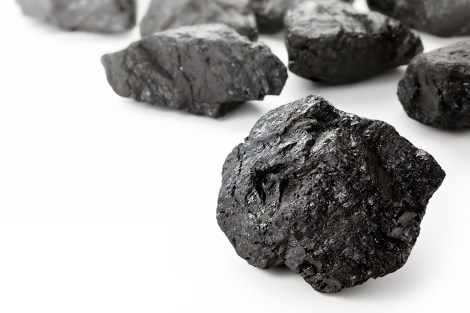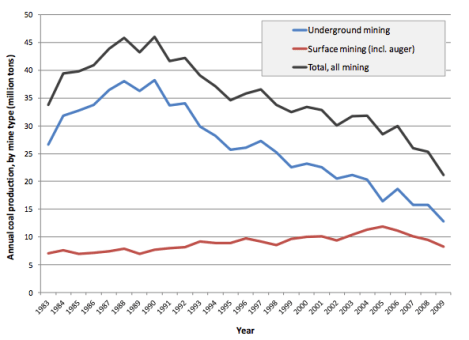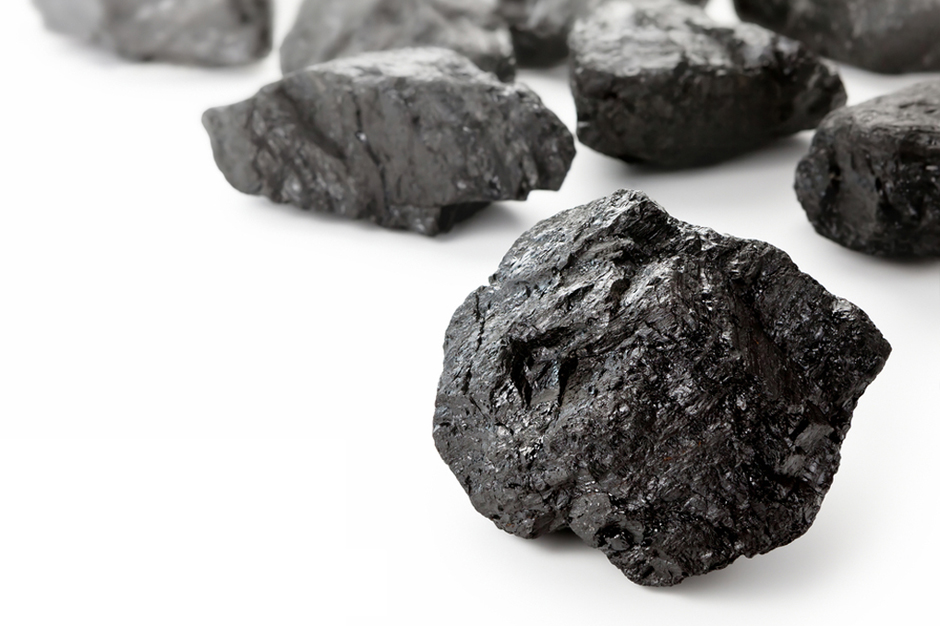
ShutterstockVile scourge/cheap energy producer.
When I started writing this post, the ticker on the homepage of Peabody Energy, the largest private-sector coal company in the world, indicated that it has sold 970,470 tons of coal so far in 2013. Can’t find the ticker? It’s down there next to the “Environmental Responsibility” box. Yes, really.
An activist group has filed a lawsuit against Emerald Coal Resources, citing extensive pollution in southwestern Pennsylvania. From the Associated Press:
The Center for Coalfield Justice, based in Washington, Pa., filed the federal lawsuit Friday in Pittsburgh against Emerald Coal Resources LP, which operates the Emerald Mine in Waynesburg, Greene County. The citizens’ group is being backed by the Earthrise Law Center in Norwell, Mass.
The lawsuit contends Emerald Coal has violated pollution levels for iron, manganese, aluminum and other pollutants more than 120 times in the past 12 months and more than 400 times in the past five years. The group is basing those claims on violations the company has been self-reporting to the Pennsylvania Department of Environmental Protection under Emerald’s National Pollutant Discharge Elimination System Permit as part of the federal Clean Water Act.
The parent company for Emerald is Alpha Natural Resources, which recently announced plans to shut a number of mines.
972,199 tons … 972,283 tons …
In Virginia, meanwhile, a report outlines how the state’s investment in coal energy is not paying off.
From WAMU radio:
Environmentalists have long criticized Virginia coal companies for their impact on air quality, but a new report suggests there are economic reasons to stop mining.
In the report, Appalachian Voices, a nonprofit environmental organization, found Virginia gives coal companies more in tax breaks than the state receives from them in taxes.
Virginia pays a net amount of about $22 million to the coal industry every year, according to Appalachian Voices Director Tom Cormons. The figure takes into account all taxes the industry pays to the state, he said.
The full report [PDF] articulates how the state of Virginia helps keep the state’s remaining mines open.
Coal’s importance for Virginia is not likely to grow in the future based on the declining competitiveness of Virginia coal resulting from the depletion of the lowest-cost coal reserves. Additionally, new regulations and technology requirements related to air emissions and tighter restrictions on surface mining are also likely to impact Virginia coal production, although to what extent is unknown. Should this occur, coal’s contribution to the Commonwealth’s budget and state and local economies will likely diminish.

StrategiesVirginia’s increasingly poor investment in coal.
Peabody Energy sold 8,000 tons of coal in the time it took me to articulate today’s reasons why we shouldn’t be extracting or subsidizing coal at all. Take a look at Peabody’s ticker right now and share the current count in comments below. Then weep.



